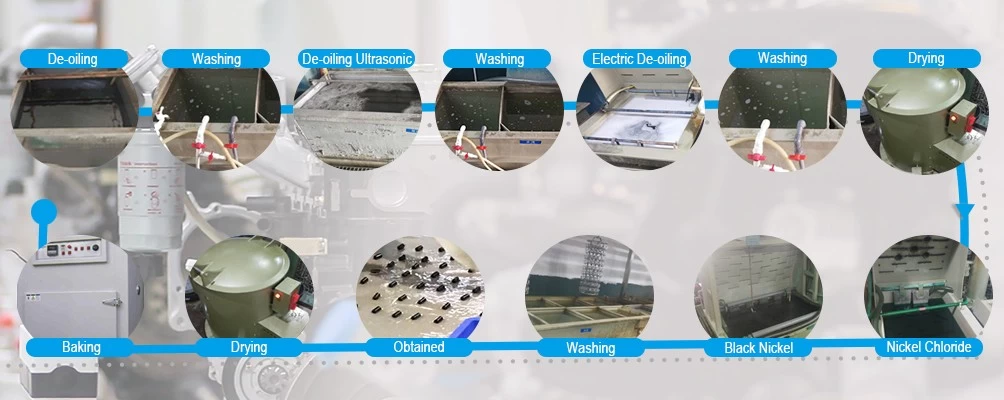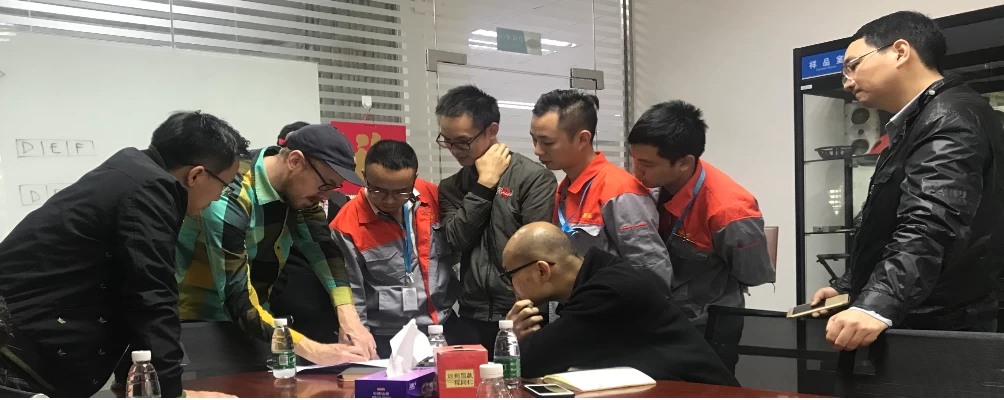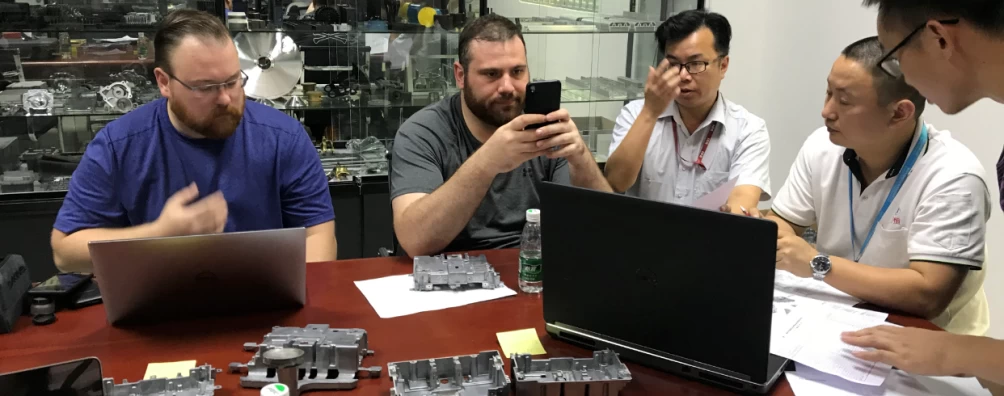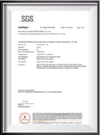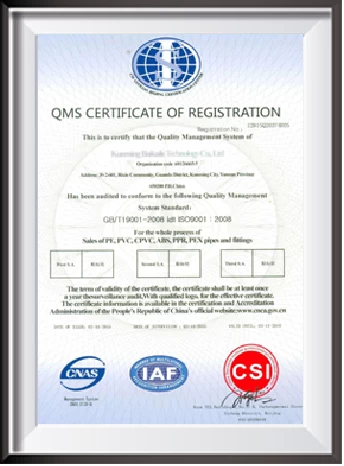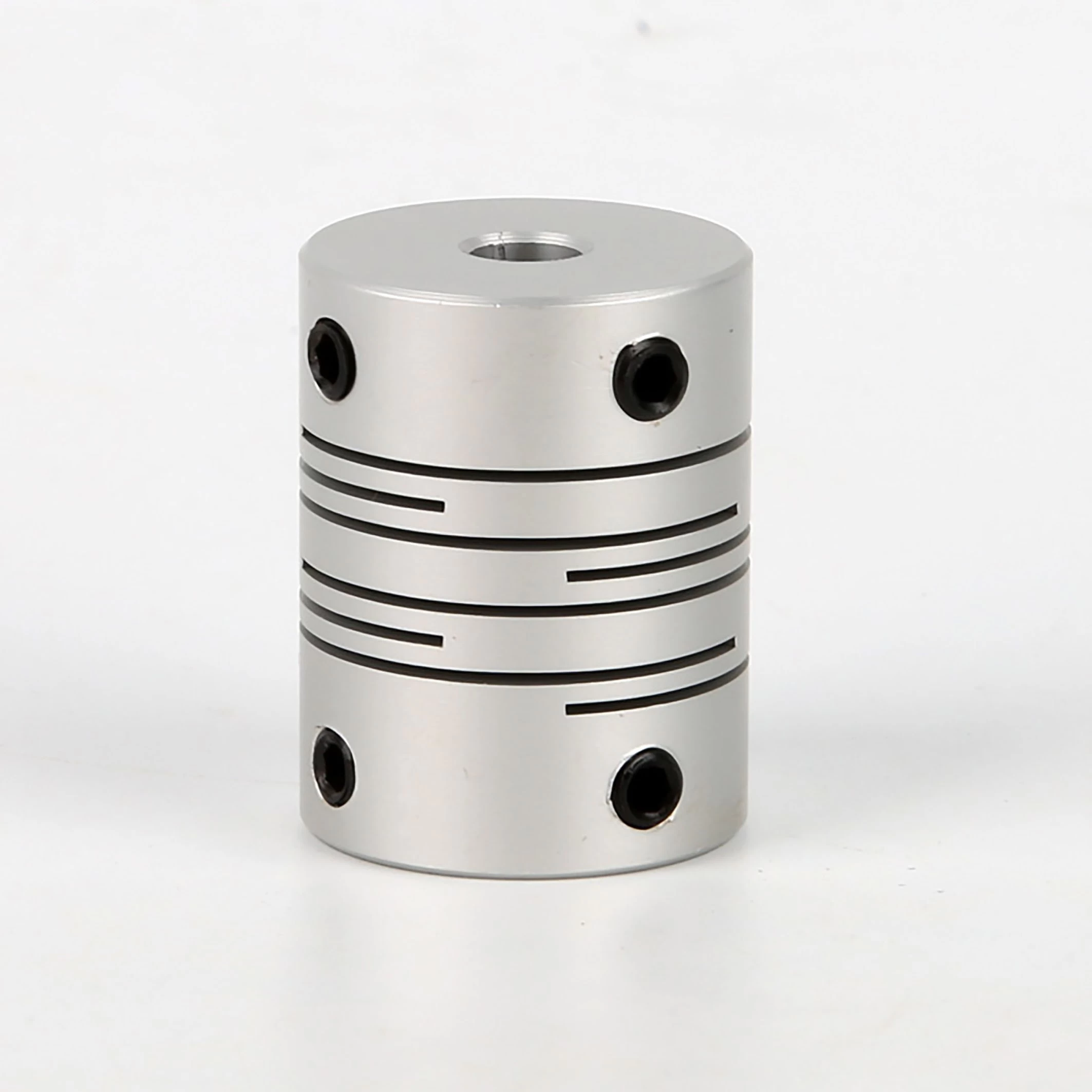Managers cannot wash their hands of routine tasks
naky
www.diecastingpartsupplier.com
2015-06-18 15:47:32
Most people can identify their top priority at work. Generally, it will be the part of the job that is most productive for their employer: for a merger and acquisitions banker, it could be landing a big deal for a client; for a lorry driver, the punctual delivery of an important consignment; for a hospital doctor or nurse, giving vital treatment to a patient.
But every job is ringed with secondary tasks – the routine but critical stuff covered by codes and guidelines. If such chores are neglected, the consequences may undermine overall success. New research suggests tired workers in demanding jobs start giving up doing those small, but vital, tasks remarkably quickly.
Technology can, of course, take over some basic chores altogether. It is no longer necessary to engage an additional auditor to cross-check the balance sheet, or to insist airline pilots handle every tiny aspect of monitoring and flying their aircraft.
Automated solutions are not as reassuring as they seem, however. Peter Thiel, the entrepreneur, wrote in the FT last week that computers “excel at efficient data processing but struggle to make basic judgments”. In other words, humans are not redundant. But the flesh-and-blood workers who remain now have greater responsibility for more important tasks. If companies pile more work on to them, these weary employees could inadvertently plunge them into disaster.
It is a truism that a tired worker is less productive than a fresh one. But researchers at Wharton and Kenan-Flagler business schools have shown that compliance with routine tasks can fall away within one heavy shift.
Their study’s focus was hand hygiene, healthcare’s mundane but powerful weapon against cross-infection. Such is the importance of sanitisation – when done thoroughly, it can reduce infection by the MRSA “superbug” by 95 per cent – that hospitals have started to monitor compliance, using electronic tags in sanitisers and workers’ badges. Each time a member of staff skips the sanitiser, the omission is logged.





